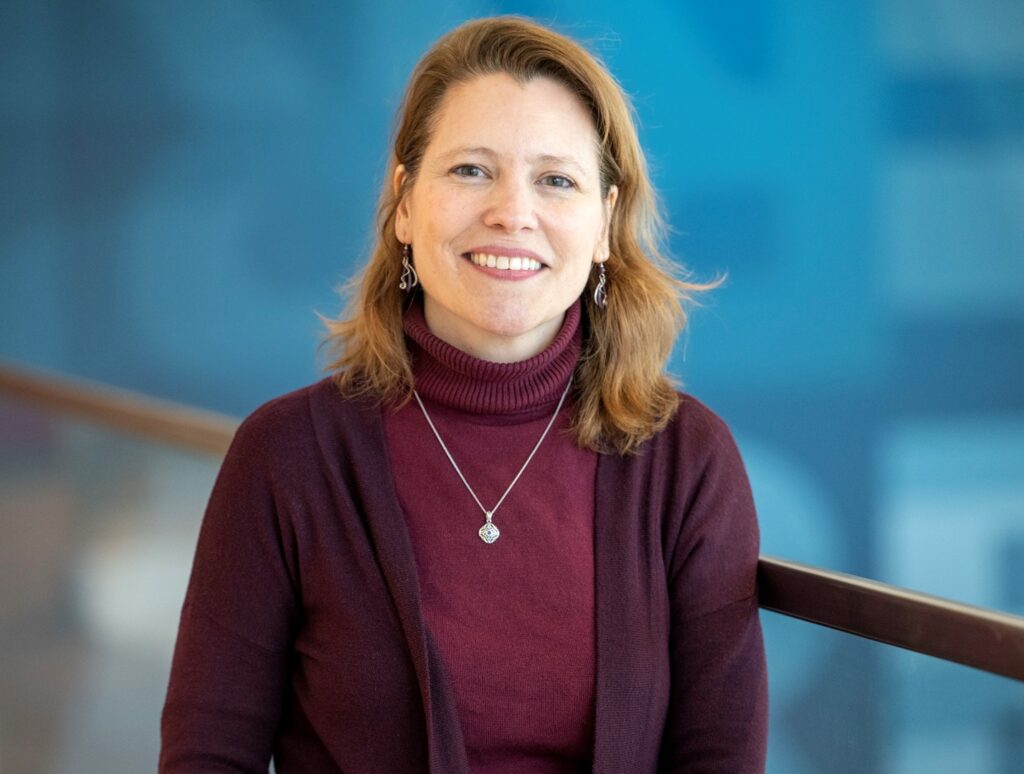 How do we make STEM classes more inclusive going forward?
How do we make STEM classes more inclusive going forward?
Susanna Calkins, director of the Nexus for Faculty Success and associate professor in the School of Graduate and Postdoctoral Studies at Rosalind Franklin University, looks into this.
Susanna Calkins is the founding director of the Nexus for Faculty Success and an associate professor in the School of Graduate and Postgraduate Studies at Rosalind Franklin University of Medicine and Science in North Chicago. Prior to joining RFUMS in fall 2022, Dr Calkins directed faculty initiatives at the Searle Center for Advancing Learning and Teaching at Northwestern University for almost 20 years, focusing on inclusive teaching, curricular and pedagogical innovation, assessment of student learning and program evaluation. She has co-authored two academic books (Learning and Teaching in Higher Education: The Reflective Professional (Sage, 2009) and Reflective Teaching (Bloomsbury, 2020, 2024), with a third Reflective Doctoral Education (Bloomsbury Press) in development. She was a co-PI on an NSF-IUSE grant that created the Inclusive STEM Teaching Project, an open-access course which has served over 11000 educators across the United States to date. She earned her PhD and MA in history (British history, women and gender studies) from Purdue and an MS in higher ed administration from Northwestern University.
Scaling Inclusive Teaching
Over the last few decades, calls for more inclusive learning environments, particularly in STEM courses, have grown more insistent across higher education. Many students, especially those who hold historically marginalized identities, may feel alienated and excluded by common teaching practices. Even more problematically, across the United States, marginalized students leave STEM majors – and STEM careers – at significantly higher rates than majority students, leading to a persistent lack of representation across STEM fields. Compounding the problem is that STEM instructors, who largely hold majority identities, generally receive little professional development in pedagogy and instruction, and even less in inclusive teaching. Thus, our challenge: Can we build educator awareness and capacity around inclusive teaching practices to help address this persistent intransigence in advancing diversity in STEM higher education more broadly? As millions of students annually take introductory STEM courses, addressing this challenge at a national scale is essential.
My colleagues and I from 7 different institutions of higher education developed a free asynchronous online course that centers learning about identity, power, positionality, and privilege to support inclusive teaching for STEM faculty and future faculty. Over eleven thousand instructors participated from across all institution types, with many participating in an optional learning community facilitated by project-trained facilitation teams.
We found that participants were highly engaged in the online course content, rated the content positively, and demonstrated increases in awareness, confidence, and intent to apply inclusive teaching strategies. The outcomes additionally demonstrate that the key features of the course, including embodied case studies, were viewed as unique teaching development opportunities that created valuable learning for our participants.
We hope to add our findings to the communities’ collective understanding of components that best advance STEM instructor awareness, confidence, and application of inclusive teaching strategies, and of barriers, reluctances, and other challenges that may persist and require additional attention.

